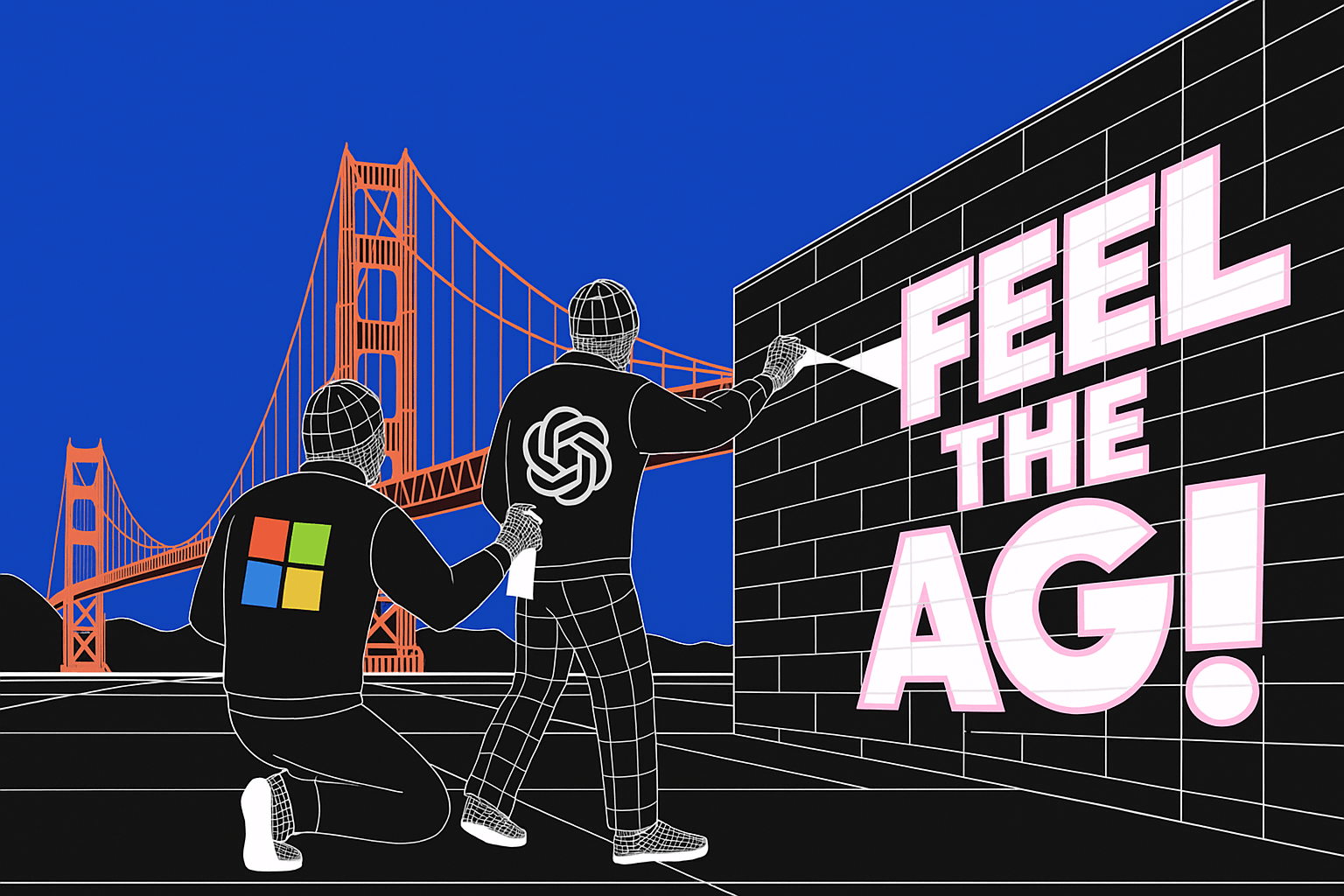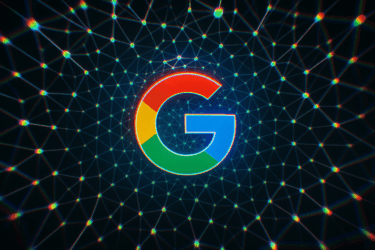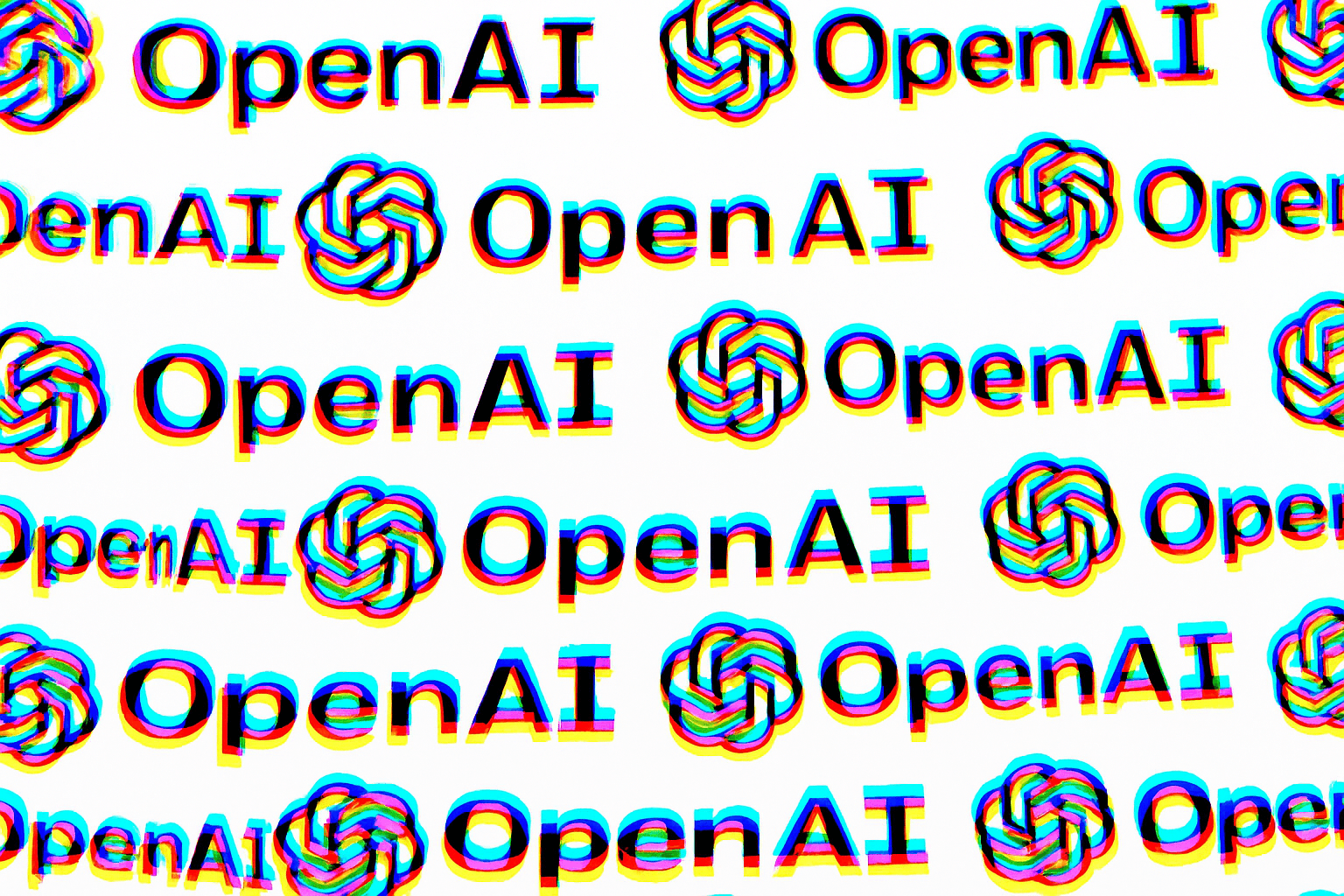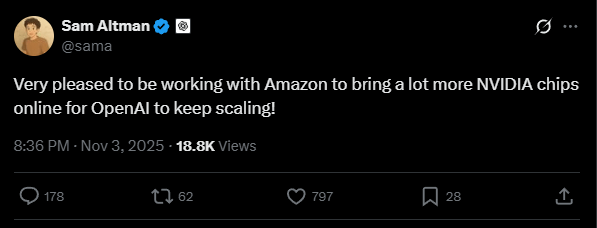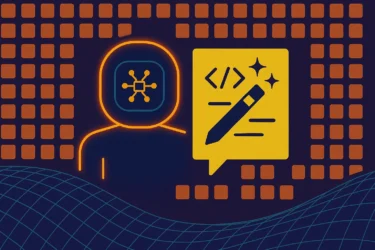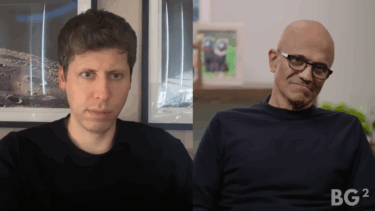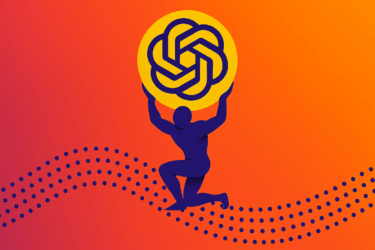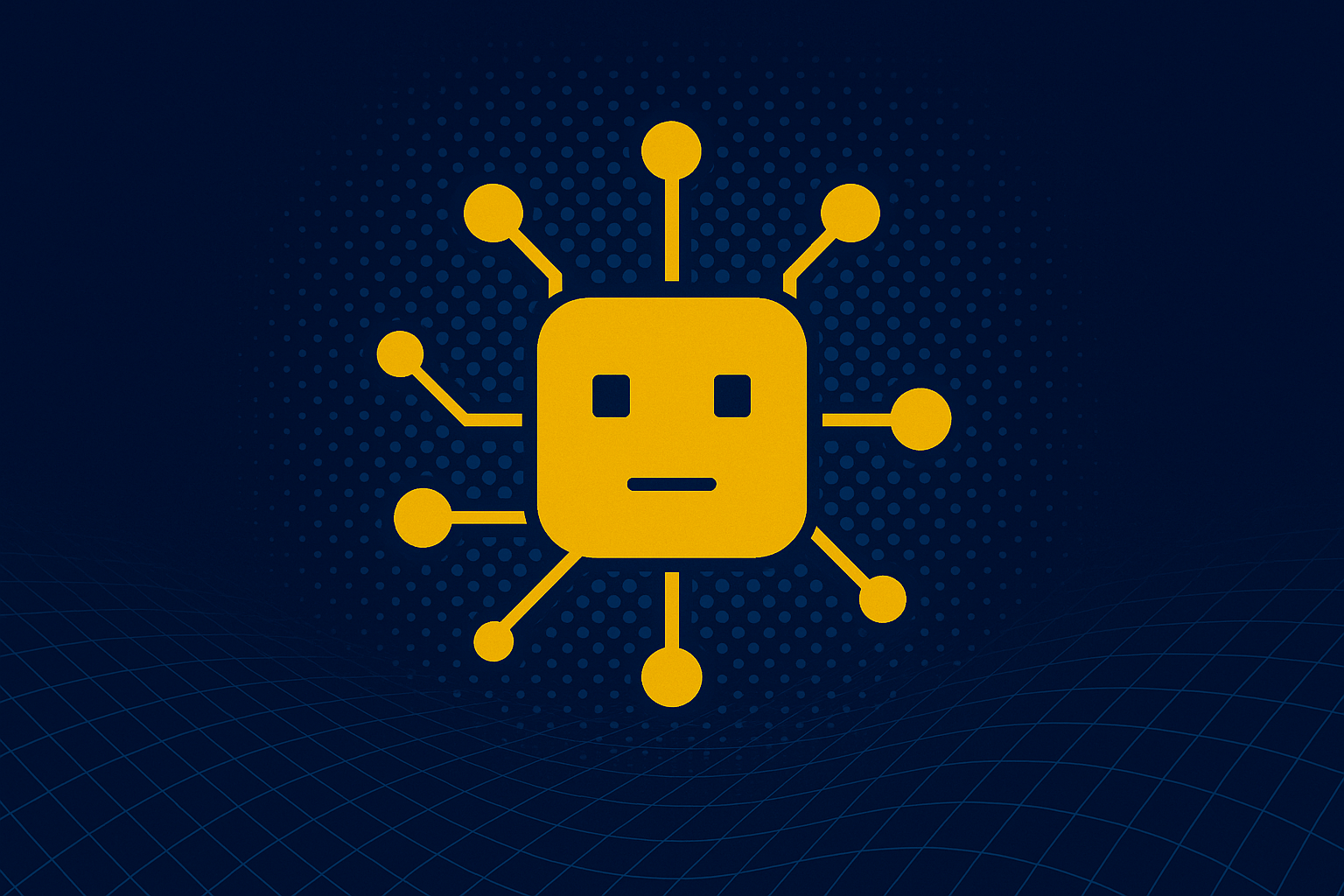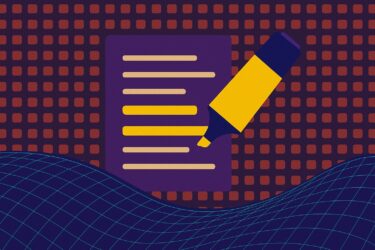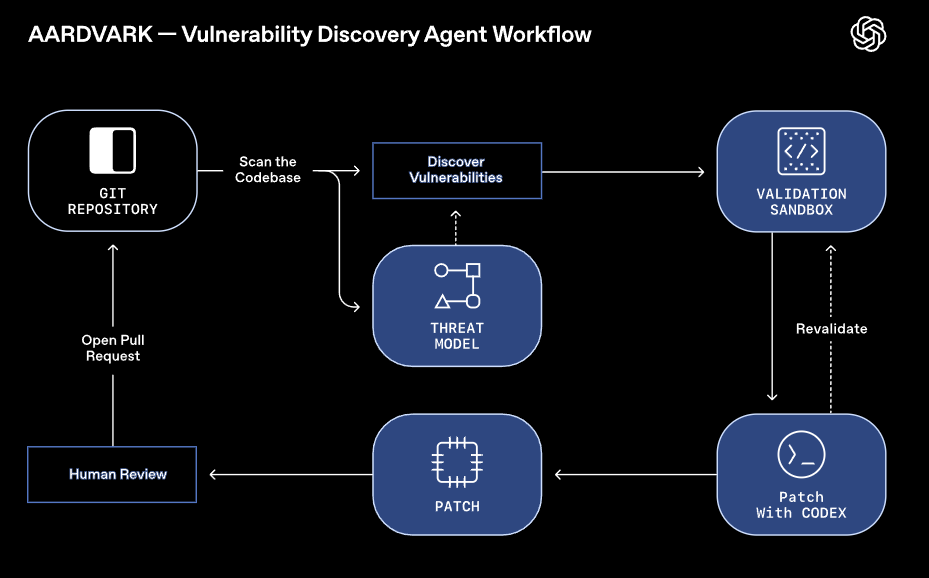Rumors on LinkedIn claim that ChatGPT is no longer allowed to give medical or legal advice, but OpenAI says that’s false. The company says the model’s behavior has not changed. Karan Singhal, OpenAI’s Head of Medical AI, says ChatGPT was never meant to replace expert advice, but can still help users understand complex medical or legal topics.
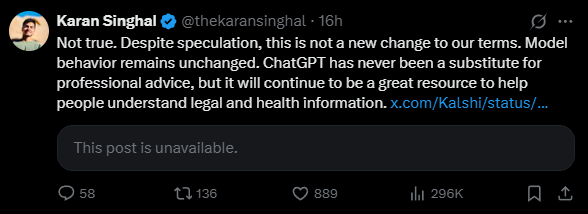
OpenAI’s usage policy change logs show no recent changes to how sensitive topics are handled. The most recent update on October 29, 2025, was made to "reflect a universal set of policies across OpenAI products and services."

OpenAI’s usage policy change logs show no recent changes to how sensitive content is handled. The latest update on October 29, 2025, was made to unify the rules across all products. A line warning about giving advice that “requires a license” was already in earlier versions. Older policies included similar notes, just without the licensing reference.
